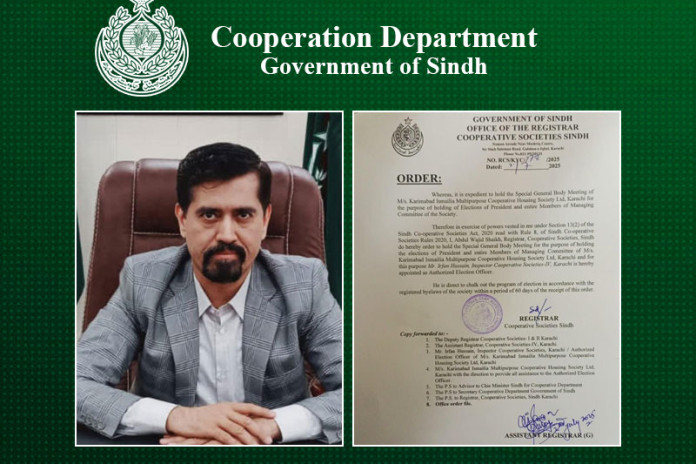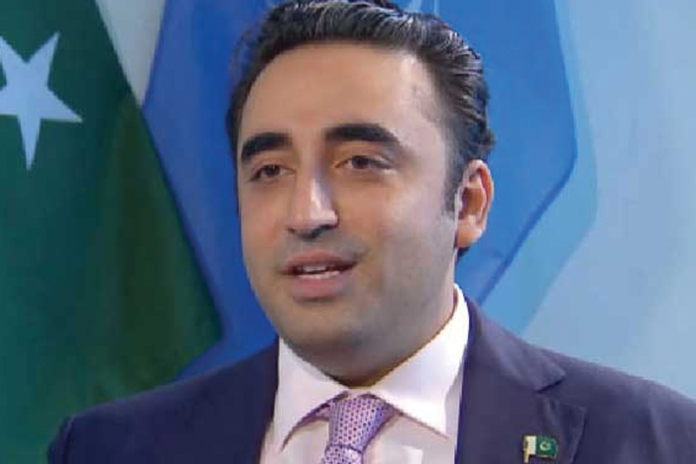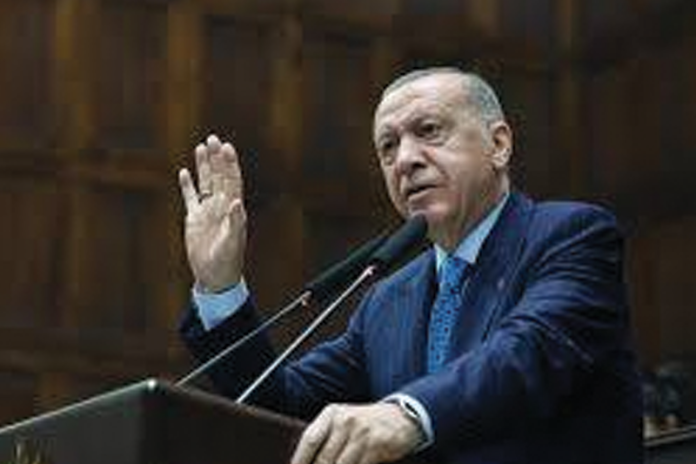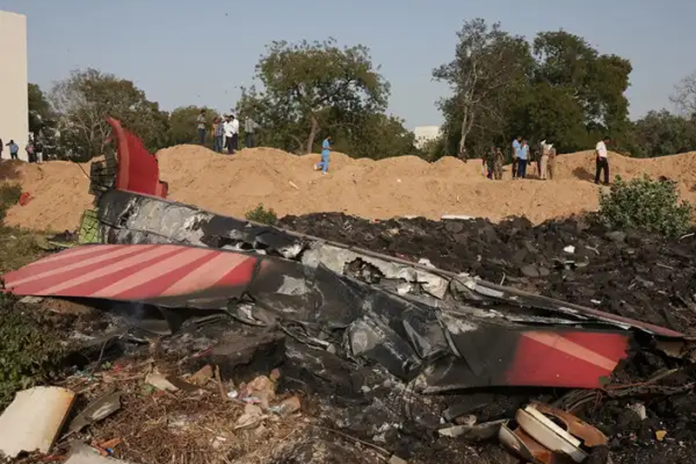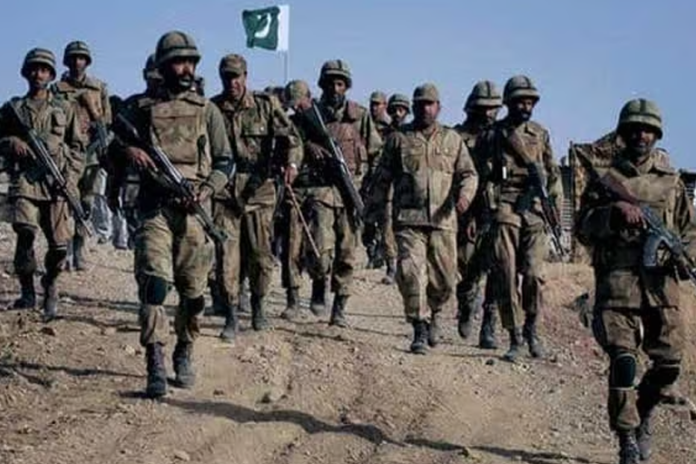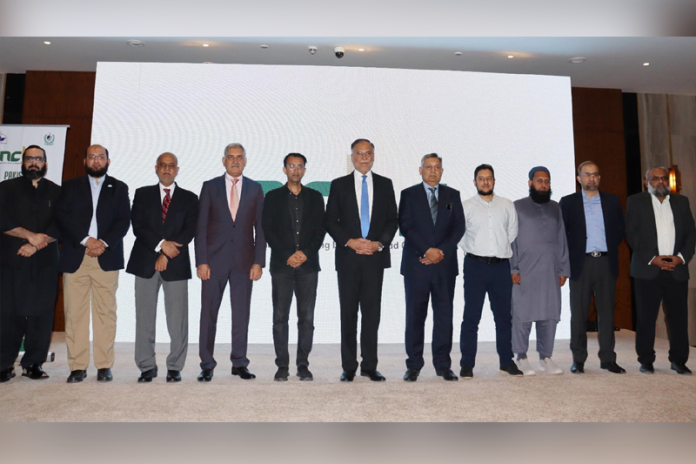Climate change and food insecurity in Pakistan

- 319
- 0
Pakistan, a nation blessed with fertile lands and diverse ecosystems, faces an alarming threat to its food security due to the combined effects of climate change and flawed policies.
As global temperatures rise and weather patterns become increasingly erratic, Pakistan's agricultural sector, which forms the backbone of its economy and sustains millions of livelihoods, is grappling with unprecedented challenges. Moreover, ineffective policies and mismanagement exacerbate the impacts of climate change, pushing the country toward a looming crisis of food insecurity. Climate Change: A Menacing Reality The effects of climate change are keenly felt in Pakistan, with rising temperatures, changing rainfall patterns, and extreme weather events disrupting agricultural production and livelihoods.
Erratic monsoons, prolonged droughts, and erratic flooding have become more frequent, leading to crop failures, livestock losses, and water scarcity in many parts of the country. Smallholder farmers, who rely on rainfed agriculture for their sustenance, are particularly vulnerable to the impacts of climate change, as they lack the resources and resilience to adapt to changing conditions. Impacts on Agriculture and Livelihoods Pakistan's agriculture sector, which contributes significantly to the country's GDP and employs a large portion of its population, is bearing the brunt of climate change. Staple crops such as wheat, rice, and maize are under threat from shifting temperature and precipitation patterns, leading to reduced yields and increased susceptibility to pests and diseases. Livestock rearing, another critical component of Pakistan's rural economy, is also at risk due to dwindling grazing lands, water scarcity, and heat stress. Botched Policies and Mismanagement In addition to climate change, Pakistan's food security crisis is compounded by botched policies, mismanagement, and systemic failures that undermine agricultural productivity and exacerbate food insecurity. Inefficient irrigation practices, water wastage, and over-extraction of groundwater have depleted water resources and led to soil degradation, further exacerbating the impacts of climate change on agriculture.
Moreover, inadequate investment in agricultural research, extension services, and infrastructure development hampers the sector's ability to adapt to changing conditions and innovate sustainable solutions. The Urgent Need for Action Addressing Pakistan's food security crisis requires urgent and concerted action from policymakers, stakeholders, and civil society to mitigate the impacts of climate change and reform outdated policies that exacerbate the problem. Key areas for intervention include: • Climate-Resilient Agriculture: Investing in climate-resilient agricultural practices, such as conservation agriculture, agroforestry, and drought-resistant crop varieties, to enhance the sector's adaptive capacity and reduce vulnerability to climate shocks. • Water Management: Implementing sustainable water management strategies, including improved irrigation techniques, water harvesting, and watershed management, to conserve water resources and enhance agricultural productivity. • Policy Reform: Overhauling outdated agricultural policies, subsidies, and regulations to promote sustainable farming practices, support smallholder farmers, and incentivize climate-smart investments in agriculture. •
Capacity Building: Strengthening the capacity of farmers, extension workers, and agricultural institutions through training, education, and knowledge-sharing initiatives to build resilience to climate change and adopt best practices in agriculture. Climate change and botched policies pose a significant threat to Pakistan's food security, jeopardizing the well-being of millions of people who depend on agriculture for their livelihoods. Urgent action is needed to mitigate the impacts of climate change, reform outdated policies, and build resilience in the agriculture sector to ensure food security for current and future generations. By adopting a holistic approach that integrates climate adaptation, sustainable agriculture, and policy reform,
Pakistan can confront the challenges of food insecurity and pave the way for a more resilient and sustainable future.






